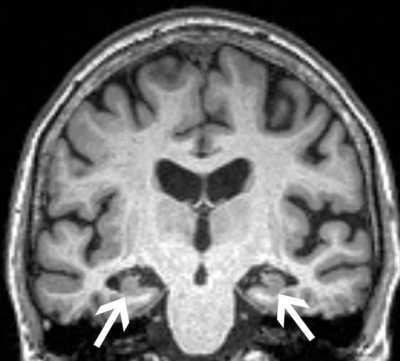MedicalResearch.com Interview with:
Nitin Joshi, Ph.D.
Engineering in Medicine/Department of Medicine
Brigham and Women's Hospital
Dr. Jeffrey M Karp Ph.D
Principal Investigator
Professor of Medicine at Brigham and Women’s Hospital
Harvard Medical School
MedicalResearch.com: What is the background for this study? Would you explain what is meant by the blood brain barrier? How will nanoparticles facilitate transport of drugs into the brain?
Response: Over the past few decades, researchers have identified promising therapeutic agents that can target the biological pathways involved in brain diseases. Unfortunately, clinical translation of these therapeutics is limited by their inability to cross the blood brain barrier (BBB) and enter the brain at therapeutically effective levels. The BBB is a highly selective semipermeable border of cells that prevents molecules in the circulating blood from non-selectively crossing into the brain tissue. We have developed a simple targeted nanoparticle platform that can stably encapsulate therapeutic agents and enable their therapeutically effective delivery into the brain. In this work, we have demonstrated the utility of this platform for the treatment of traumatic brain injury (TBI), which is a leading cause of death and disability in children and young adults, with millions of people suffering TBI each year in accidents, sports, and military conflicts. Following primary injury, which is a result of the mechanical impact to the brain, secondary injury gradually occurs over months to years and can lead to neurological dysfunctions, including Alzheimer’s and Parkinson’s diseases.
After TBI, the BBB is physically breached for a short time and previous approaches to achieve therapeutically effective transport of drugs across the BBB have been severely limited to utilizing this very short window. However, the extent to which the BBB is physically breached in TBI varies greatly across the patient population. Therefore, current approaches are applicable to only a subset of injuries with substantially breached BBB. Moreover, BBB can self-repair within a few hours to weeks post-injury to restore its integrity. Hence, physical breaching of BBB offers a limited window for therapeutic interventions, which is not ideal as the secondary injury can last months to years and may require repeated dosing over long term.
The nanoparticle platform developed in this work can enable therapeutically effective delivery of drugs into the brain, irrespective of the state of the BBB. We achieved this by precise engineering of the surface properties of nanoparticles, which maximized their transport across the BBB. The therapeutic used in this study was a small interfering RNA (siRNA) molecule designed to inhibit the expression of the tau protein, which is believed to play a key role in neurodegeneration. Poly(lactic-co-glycolic acid), or PLGA, a biodegradable and biocompatible polymer used in several existing products approved by the U.S. Food and Drug Administration was used as the base material for nanoparticles. We systematically engineered and studied the surface properties of the nanoparticles to maximize their penetration across the intact, undamaged BBB in healthy mice. This led to the identification of a unique nanoparticle design that maximized the transport of the encapsulated siRNA across the intact BBB and also significantly improved the uptake by the brain cells.
(more…)







 The first step that you should take to finding inner peace is to practice yoga and meditation regularly. Yoga and meditation can give you the chance to slow down and reflect, as well as to clear your mind of the worries and negative thoughts that are concerning you. Not only this, but deep breathing is also an important aspect of both yoga and meditation as this can help you to ground yourself and to reconnect with the world around you.
The first step that you should take to finding inner peace is to practice yoga and meditation regularly. Yoga and meditation can give you the chance to slow down and reflect, as well as to clear your mind of the worries and negative thoughts that are concerning you. Not only this, but deep breathing is also an important aspect of both yoga and meditation as this can help you to ground yourself and to reconnect with the world around you.
























